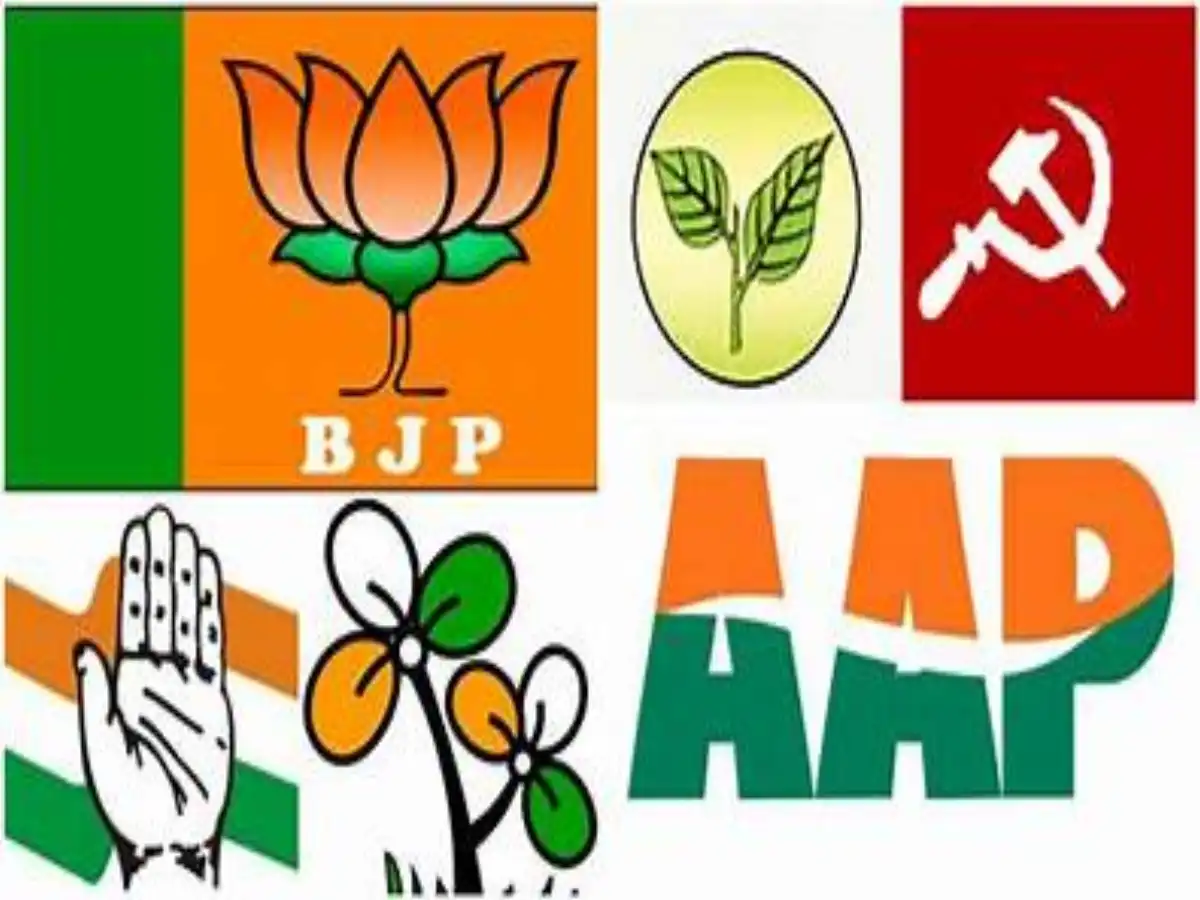The recent state assembly elections in India witnessed an impressive victory for the BJP in three out of five states. This triumph has propelled the party to usher in new leadership across these states. However, with these victories come losses, prompting the Congress, in anticipation of the upcoming Lok Sabha elections next year, to undertake significant leadership changes in several states. The political landscape is brimming with transformations that are poised to redefine the course of Indian politics.
BJP’s Success and Congress’s Strategic Moves
The BJP’s dominance in three states has led to a restructuring of leadership within the Congress party. In Madhya Pradesh, Kamal Nath was replaced by Jitu Patwari as the Pradesh Adhyaksh in a move that signifies a shift in generational leadership. Umang Singhar, a former state minister aged 48, has been chosen as the leader of the Congress legislative assembly, while 38-year-old Hemant Katare has been appointed as the deputy leader. Patwari hails from the OBC community, Singhar from the tribal community, and Katare from the Brahmin community.
Congress’s Quest for Social Equilibrium
The Congress, in its pursuit of balancing caste equations, has initiated substantial decisions in Chhattisgarh as well. The veteran Congress leader, Charan Das Mahant, has been elected as the leader of the legislative assembly in Chhattisgarh. Notably, Deepak Baij retains his position as the Pradesh Adhyaksh of the Congress despite the party’s loss in the assembly elections. These decisions highlight the Congress’s attempt to restore caste-based equilibrium, a tactic reminiscent of the BJP’s strategies.
The Fate of Veteran Leaders in Congress
The sidelining of old guard leaders in Madhya Pradesh, Chhattisgarh, and Rajasthan raises questions about their future within the party. Despite Kamal Nath’s assertion in Chhindwara on December 14th that he is not retiring, sources within the Congress suggest that the party is currently disinclined towards assigning him any significant role. Similarly, Digvijay Singh, the former Chief Minister of Madhya Pradesh, is expected to remain active in the Rajya Sabha, without a prominent role within the state party.
In Chhattisgarh, after the electoral setback, there’s discontent within the Congress regarding the central leadership’s dissatisfaction with Bhupesh Baghel. Meanwhile, in Rajasthan, the party is inclined towards promoting younger faces, signaling a potential leadership change even at the state Congress committee level.
Conclusion
The winds of change are sweeping through the Indian political arena, as both the BJP and the Congress realign their strategies, emphasizing newer leadership and a concerted effort towards caste-based representation. With the Lok Sabha elections on the horizon, these calculated moves by the Congress reflect a profound strategy shift, echoing the evolving dynamics of Indian politics.









